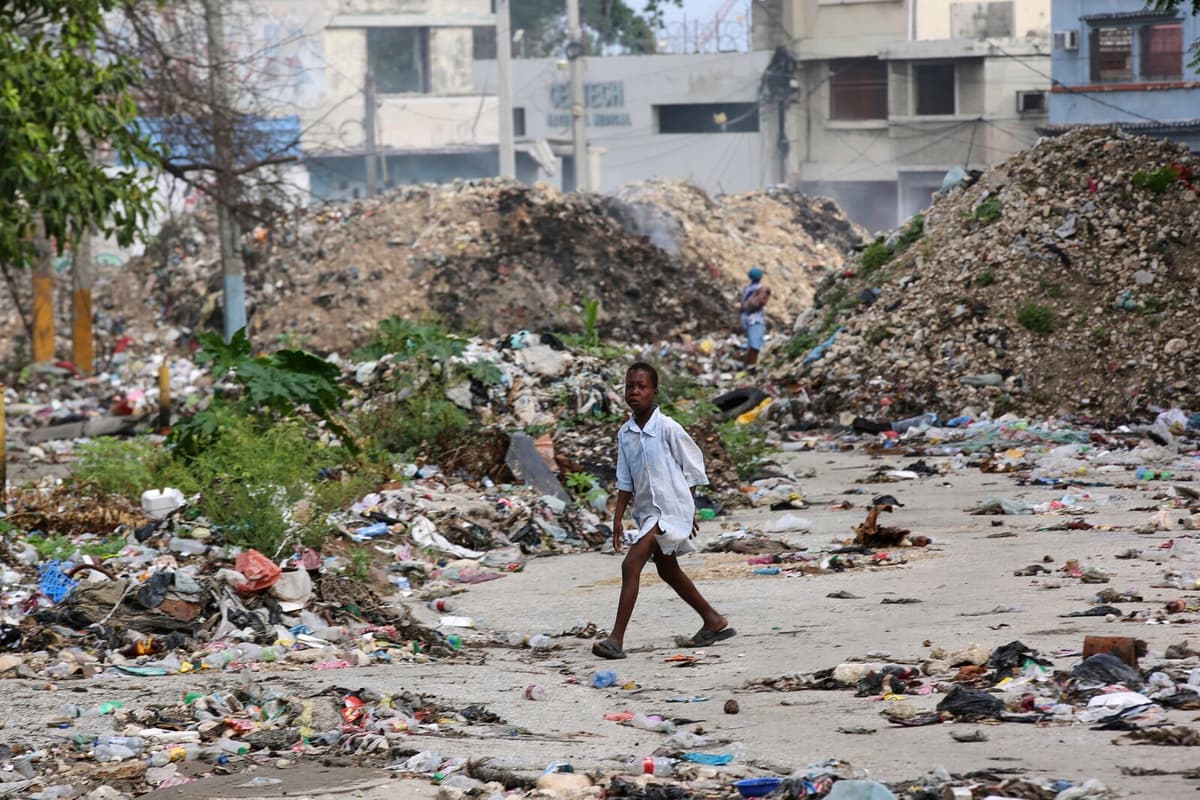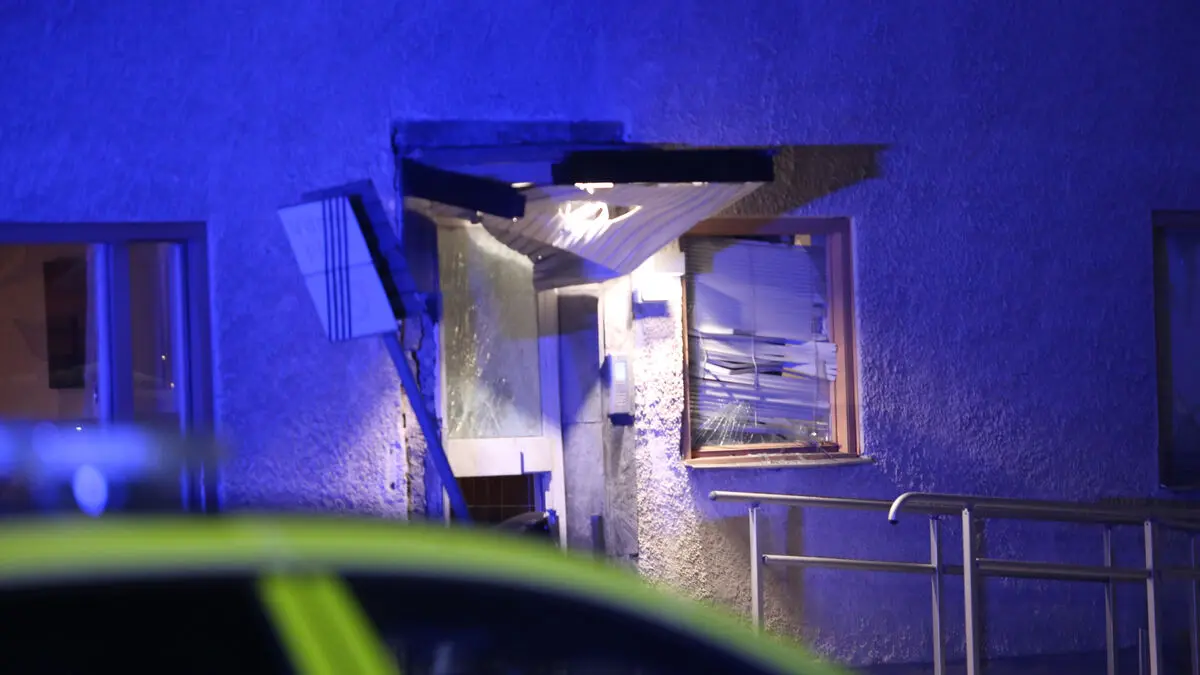The UN Security Council met on Thursday to assess the increasingly deteriorating situation in Haiti, where sparse international efforts have not helped a country plummeting into human catastrophe, according to the UN chief:
The state is collapsing while gang violence is devouring Port-au-Prince and spreading beyond (the capital) everyday life is paralyzed and families are fleeing.
Just over a year ago, an international Kenya-led force, MSS, was deployed in the Caribbean country to prevent it from collapsing; the efforts have failed.
Lacking soldiers
"MSS lacks resources and capacity to meet the growing challenges" noted several countries, including the USA, Canada, and Kenya, in a letter to the council. One example is that only 1,000 peacekeeping soldiers have been deployed in Haiti – of which 700 are from Kenya – out of the 2,500 promised soldiers.
One hope is that a new force, with a UN mandate, will be deployed in the country.
The next international force must have the resources to hold territories and protect infrastructure, said US UN Ambassador Dorothy Shea.
Besides criminal organizations that virtually control large parts of the country, Haiti lacks real political leadership since the murder of President Jovenel Moïse in the summer of 2021. The promised elections to be held no later than February 2026 are at risk of being cancelled.
Daily killings
In the meantime, inhabitants in Haiti are being killed daily. So far this year, over 3,100 people have been killed in unrest and crime, according to the UN Human Rights Commissioner.
UN Chief Guterres emphasized that efforts are urgent:
Civilians are under siege with horrific reports of rapes and sexual violence. Hospitals and schools are being attacked. The principles of the rule of law have collapsed. Haiti is shamefully forgotten.
Facts: Haiti, a violence- and disaster-stricken country
TT
With over 11 million inhabitants, Haiti is the most populous nation in the Caribbean. The country is located in the Caribbean Sea, where it shares the island of Hispaniola with the Dominican Republic.
The island was divided as early as the 17th century into two parts – one part held by France and one by Spain. After a slave uprising, Haiti's independence was proclaimed in 1804.
The 19th century was marked by continued wars and in the 20th century, the brutal regimes replaced each other. The latest era can be said to have begun with the catastrophic earthquake in 2010, with hundreds of thousands of victims. It was followed ten months later by a large-scale and deadly cholera outbreak.
Several elections were held in the following years, but the results were strongly questioned. When President Jovenel Moïse was murdered in his home on July 7, 2021, the situation worsened further. In the unrest that followed, criminal gangs have taken control of large parts of the country.
In March 2024, the acting Prime Minister Ariel Henry resigned in an attempt to curb the violence. The transitional council that subsequently took over power has so far not managed to stop the gangs.
The promised elections to be held no later than February 2026 are at risk of being cancelled.
Last summer, the UN Food and Agriculture Organization (FAO) reported that Haiti has the highest percentage of hungry people in the world, with an average of 52.4 percent between 2022 and 2024.






